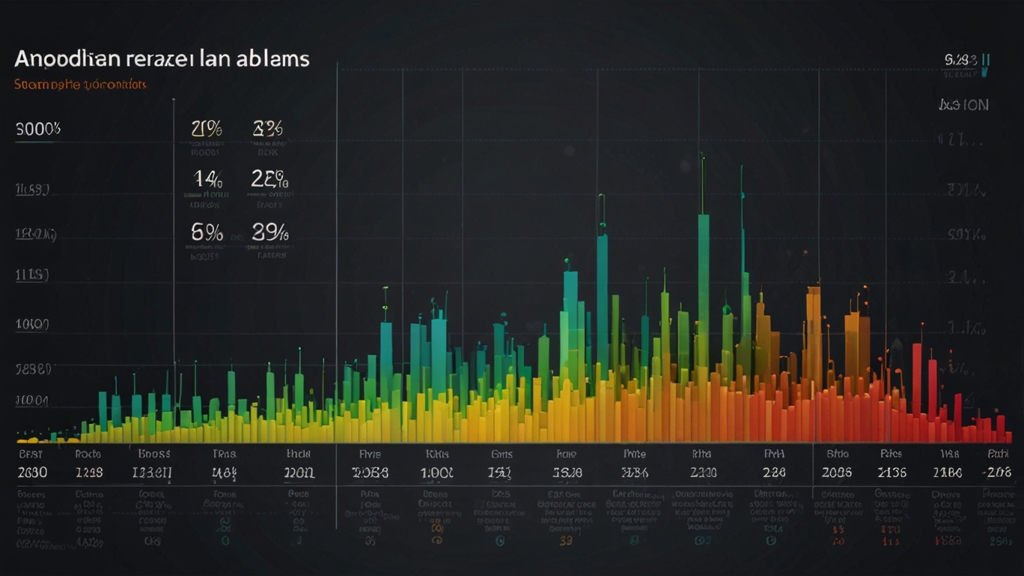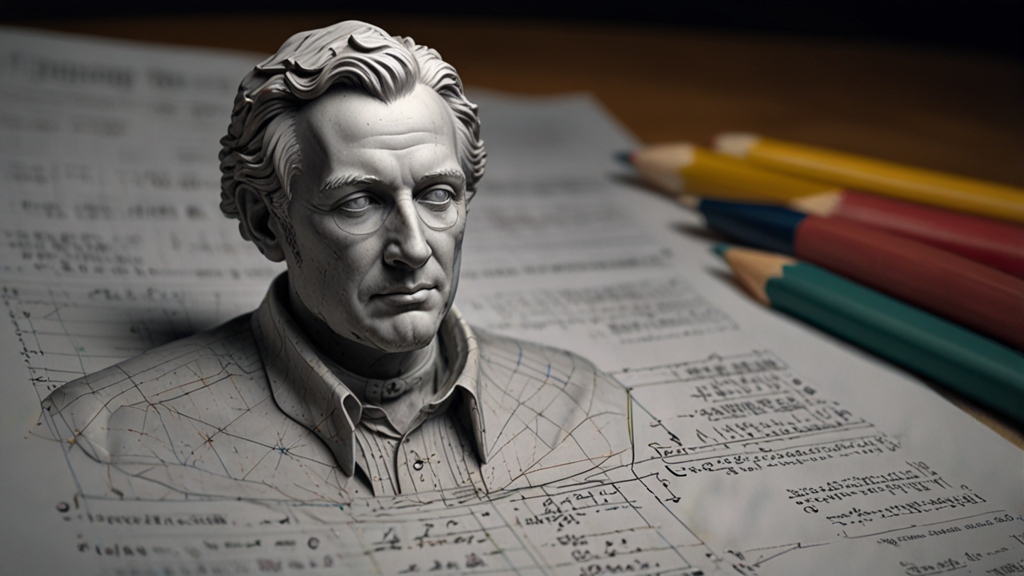The Age of Prophets: What History Can Teach Us About Tomorrow
Throughout human history, periods of great change and uncertainty have often been accompanied by the emergence of prophetic figures. These individuals, whether religious or secular, have played pivotal roles in shaping the zeitgeist of their times and influencing the course of events. The lessons learned from these eras, known as the Age of Prophets, are invaluable as we navigate the complexities of our modern world and seek to understand what lies ahead.
The Role of Prophets in Shaping Society
Prophets have historically emerged during times of crisis or significant transitions. From the biblical prophets of ancient Israel to more contemporary figures like Mahatma Gandhi and Martin Luther King Jr., these leaders have catalyzed social change through their visionary insights and moral authority. Their messages often challenge the status quo and inspire collective action, leading to transformations in societal values, governance, and human rights.
"The function of prophecy is not to tell the future, but to make it. Your successful past will block your visions of the future." - Ferdinand E. Marcos
Historical Prophets and Their Impact
The study of historical prophets reveals common patterns in their emergence and influence. For example, the Hebrew prophets like Isaiah and Jeremiah spoke against societal injustices and corruption, advocating for a return to ethical and spiritual principles. Similarly, in more recent history, figures such as Nelson Mandela and Václav Havel fought against oppressive regimes, embodying the prophetic role of truth-telling and moral guidance.
These prophets often faced resistance and persecution, yet their enduring legacy underscores the profound impact they had in redirecting the course of history. By understanding their contexts and messages, we can gain insights into the dynamics of societal change and the potential for transformative leadership in times of crisis.
Lessons for the Future
As we look towards the future, the Age of Prophets offers several key lessons:
- Vision and Purpose: Prophets articulate a clear vision of a better future, grounded in core values and ethical principles. This vision serves as a guiding star for navigating uncertainty and inspiring collective effort.
- Courage and Integrity: Prophetic figures often demonstrate remarkable courage in standing up against entrenched powers and injustices. Their integrity and authenticity build trust and motivate others to join their cause.
- Adaptability and Resilience: History shows that the impact of prophets is often met with significant challenges and opposition. Their resilience in the face of adversity highlights the importance of perseverance and adaptability in achieving long-term goals.
Furthermore, observing the failures and successes of past prophets can help contemporary leaders and thinkers craft more effective strategies for addressing present and future challenges.
"The best way to predict the future is to create it." - Peter Drucker
Conclusion
The Age of Prophets in history serves as a powerful reminder of the potential for visionary leadership to inspire profound change. As we confront global issues such as climate change, social inequality, and political instability, the lessons of past prophets can guide us in forging a path towards a more just and sustainable future. By embracing the traits that characterized these influential figures—vision, courage, integrity, adaptability, and resilience—we can better prepare for the uncertainties of tomorrow and endeavor to create a world that reflects our highest aspirations.











